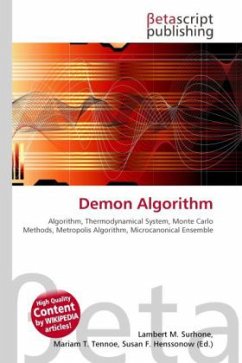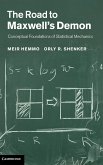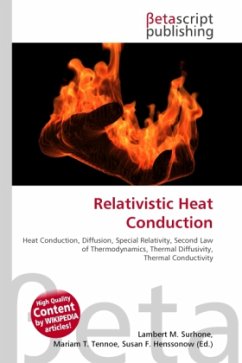High Quality Content by WIKIPEDIA articles! In thermodynamical systems, equal macroscopic properties (e. g. temperature) can result from different microscopic properties (e. g. velocities of individual particles). Computer simulations of the full equations of motion for every individual particle to simulate microscopic properties is computationally very expensive. Monte Carlo methods can overcome this problem by sampling microscopic states according to stochastic rules instead of modeling the complete microphysics. The microcanonical ensemble is a collection of microscopic states which have fixed energy, volume and number of particles. In an enclosed system with a certain number of particles, energy is the only macroscopic variable affected by the microphysics. The Monte Carlo simulation of a microcanonical ensemble thus requires sampling different microscopic states with the same energy. When the number of possible microscopic states of thermodynamical systems is very large, it is inefficient to randomly draw a state from all possible states and accept it for the simulation if it has the right energy, since many drawn states would be rejected.








